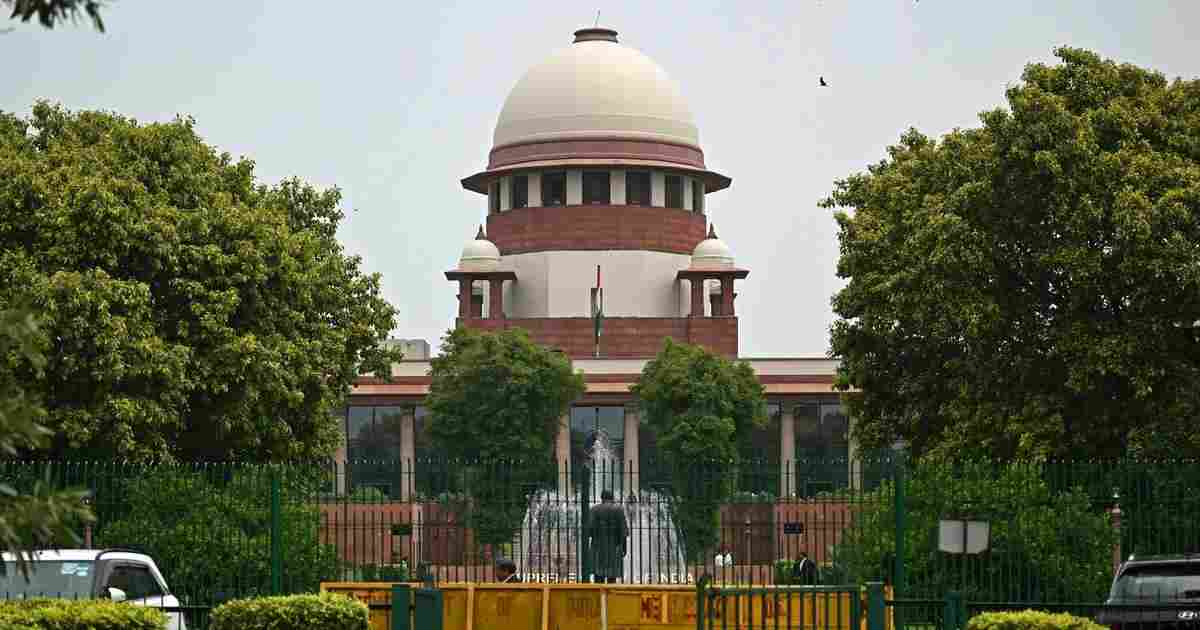The top court seeks clarity on whether the Centre can override state decisions on liquor policy.
Background
The Supreme Court of India has raised crucial questions about the balance of power between the Centre and states, in light of the ongoing controversy over Tamil Nadu’s liquor policy.
The issue arose when the Enforcement Directorate (ED) conducted searches at TASMAC (Tamil Nadu State Marketing Corporation) offices, probing alleged irregularities. Tamil Nadu challenged the central agency’s action, arguing that it violated federal principles and undermined state autonomy.
Supreme Court Observations
- The apex court has expressed concern about central agencies overstepping into matters under state jurisdiction.
- Questions have been raised about whether such interventions violate the federal structure guaranteed by the Constitution.
- The court highlighted the need for clarity on the scope of the Centre’s powers versus state autonomy, especially in matters like alcohol regulation, which traditionally fall under state jurisdiction.
State vs Centre: The Contention
They argue that central oversight is justified in cases of alleged financial irregularities or violations that may affect multiple states or involve central laws.
- Tamil Nadu’s Position:
- The state contends that liquor policy is a state subject and the central agency’s actions amount to overreach.
- Officials argue that TASMAC operations are entirely within the state’s legal rights, and central interference sets a dangerous precedent.
- Central Government’s Position:
- The Centre maintains that certain actions are necessary to protect national interests and ensure compliance with law.
- They argue that central oversight is justified in cases of alleged financial irregularities or violations that may affect multiple states or involve central laws.
Legal and Political Implications
- Federalism in Focus:
The case could become a landmark judgment on the interpretation of federalism in India, clarifying the boundary between state powers and central intervention. - Policy Impact:
- A ruling favoring Tamil Nadu would strengthen state autonomy, limiting central agencies’ ability to intervene in state matters without consent.
- Conversely, a ruling favoring the Centre could expand central oversight, especially in cases involving alleged financial crimes or regulatory violations.
- Precedent:
The Supreme Court’s verdict may guide future centre-state disputes, particularly in sectors like alcohol regulation, taxation, and state-run enterprises.
Current Status
The matter is still under consideration by the Supreme Court, and no final decision has been made. The court’s queries highlight the delicate balance between law enforcement and state autonomy, which could have far-reaching consequences for federal governance in India.



